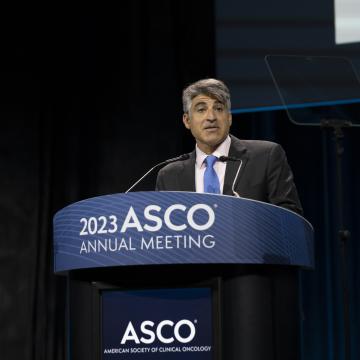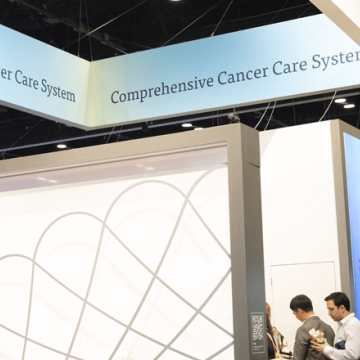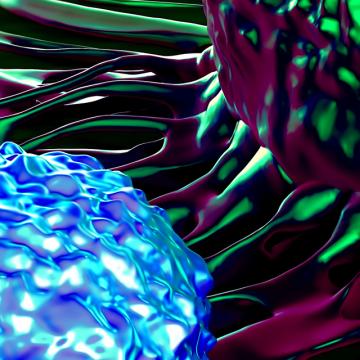Biostatistics and Mathematical Oncology
The overall objective of the City of Hope Comprehensive Cancer Center (COHCCC) is to foster and integrate cancer research activities, thereby ensuring the successful forward and reverse translation of discoveries across the translational science spectrum, including prevention, control, and population science research. To help fulfill this objective, and maximize the impact of research activities, the Biostatistics and Mathematical Oncology Shared Resource (BMO-SR) works collaboratively with all COHCCC Members to provide essential and continuous biostatistical, mathematical, epidemiological, bioinformatics, and computational biology support, with tailored guidance given to each program/project.
The BMO-SR, comprised of 25 faculty/staff, provides COHCCC Members (e.g., basic scientists, clinical investigators, behavioral scientists, epidemiologists involved in cancer research) with access to a group of specialized biostatisticians, mathematicians, and computational biologists who collectively possess a diverse set of skills and expertise. Access to and collaborations with BMO-SR faculty are facilitated by: i) BMO-SR alignment with the disease/modality research team organizational structure and ii) educational, training and mentorship activities available to COHCCC Members (e.g., courses, virtual and walk-in BMO-SR clinics, statistical workshops, and seminars). The overall objective of BMO-SR is to ensure that pre-clinical studies, basic science experiments, clinical trials, mathematical/machine learning models, and observational/population studies are: i) designed in an efficient and rigorous manner, ii) that high-quality data are collected, and iii) that unbiased data analysis methods are employed, such that the reported results are valid, robust, and reproducible.
Specific Aims of the BMOC-SR:
Aim 1. (Design and Analysis): Provide biostatistical, mathematical modeling, and computational biology expertise to enhance research activities.
Aim 2. (Consultation/Collaboration (2A) and Training/Service (2B)): Provide consultation, collaboration, training, and regulatory support service to facilitate the advancement of cancer research and novel therapeutics.
Members Utilization by %Revenue 2017–21: 98.3 Total (3.1 MCBC, 13.6 DCT, 27.5 CI, 50.4 HM, 3.7 CCPS)
Publications by Members: 178, 37 with Impact Factor >10
Grants Supported: 72 Total (2 ACS, 9 CIRM, 5 DoD, 2 LLS, 41 NCI of 49 NIH (33R01, 1U01))
Note: Proposals including a statistician as a collaborator will ordinarily include a biosketch and possibly a letter of collaboration. For proposals in which a statistician has a small, defined role, funding for core support may be included as an expense, in which case you may wish to contact the collaborating statistician or the director for a letter of support. The following generic statement is provided as a resource, but please contact the Biostatistics and Mathematical Oncology Core if you use it.
The Biostatistics and Mathematical Oncology Core is a shared resource of City of Hope's Comprehensive Cancer Center. It draws upon 12 doctoral-level statisticians, physicists, mathematicians and 6 staff statisticians. Core members collaborate in basic, translational, clinical and population research, and its services are available to all City of Hope researchers. Research areas supported include bioassay, animal models, genomics, genetics, mutation, toxicology, pharmacokinetics, diagnostics, biomarkers, clinical trials, and clinical, population and genetic epidemiology.
In general, the core provides standard and principled approaches to numerical and graphical data summary, statistical inference, modeling and prediction. Core members help with study designs, grant proposals, clinical protocols, data analyses, and manuscripts. Statistical software includes SAS, R, StatXact, EaST and NQuery Advisor. A linux cluster is available for computationally intensive projects, and City of Hope has an excellent network and IT support.
Collaboration: Participation in research intended for publication is the primary objective of the facility. Contact the director for an introduction.
Support: In addition to assisting with data analyses, core members can help design studies, grant proposals, clinical protocols and manuscripts.
Consultation: Early contact about research planning is always welcome. Experts at the facility are pleased to advise investigators on statistical issues in research or explore possible collaboration opportunities. In addition, investigators are encouraged to contact the director to connect with a statistician. Consultation is always free and generally consists of one or two meetings.
- Statistical computation: Provided in conjunction with collaboration. The core does not provide user-directed computing nor operate a help desk concerning statistical software.
- Data extraction: Provided in conjunction with the collaboration but not as a separate service. Data is available for extraction from various City of Hope and public databases.
- Mathematical modeling: Provided in conjunction with collaboration. The core provides expert guidance on the use of open source mathematical modeling tools and software.
City of Hope’s Cancer Center Support Grant sponsors the core; the National Cancer Institute of the National Institutes of Health (under award number P30CA33572) and additional institutional support fund the CCSG grant. The content is solely the responsibility of the authors and does not necessarily represent the official views of the National Institutes of Health.
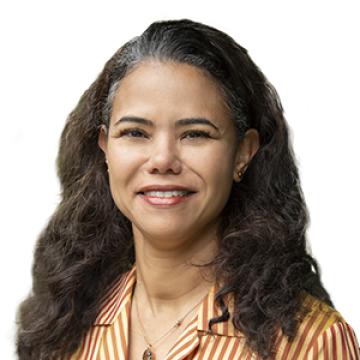



Russell Rockne, Ph.D., is an associate professor in the Department of Computational and Quantitative Medicine within Beckman Research Institute of City of Hope. He also serves as director of the Division of Mathematical Oncology with the goal of translating mathematics, physics and evolution-based research to clinical care.
Paul Frankel, Ph.D.
Section Head, Solid Tumors
Lead, Med-Oncology, Surgery and Radiation Oncology
Vikram Adhikarla, Ph.D.
Assistant Research Professor, Mathematical Oncology
Suzette Blanchard, Ph.D.
Associate Research Professor
Lu Chen, Ph.D.
Associate Research Professor
Min (Sierra) Talley, Ph.D.
Associate Research Professor
Jianying Zhang, Ph.D.
Research Professor
Carolyn Behrendt, Ph.D.
Lead Biostatistician, Clinical Epidemiology
Lu Chen, Ph.D.
Lead Biostatistician, Lymphoma Center
Min (Sierra) Talley, Ph.D.
Lead Biostatistician,Statistical Genetics
Ray Woodall, Ph.D.
Assistant Research Professor, Mathematical Oncology
Donyun Yang, Ph.D.
Lead Biostatistician, HSCT Center
Jianying Zhang, Ph.D.
Lead Biostatistician, Leukemia Center
Arnab Chowdhury, Ph.D.
Staff Scientist
Yujie Cui, M.S.
Staff Scientist
Rebecca Nelson, Ph.D.
Staff Scientist
Tanya Paris
Staff Scientist
Nora Ruel, M.S.
Staff Scientist
Nicole Tsai, M.S.
Staff Scientist
Contact the Team
In a given year, City of Hope conducts more than 400 clinical trials enrolling more than 6,000 patients.
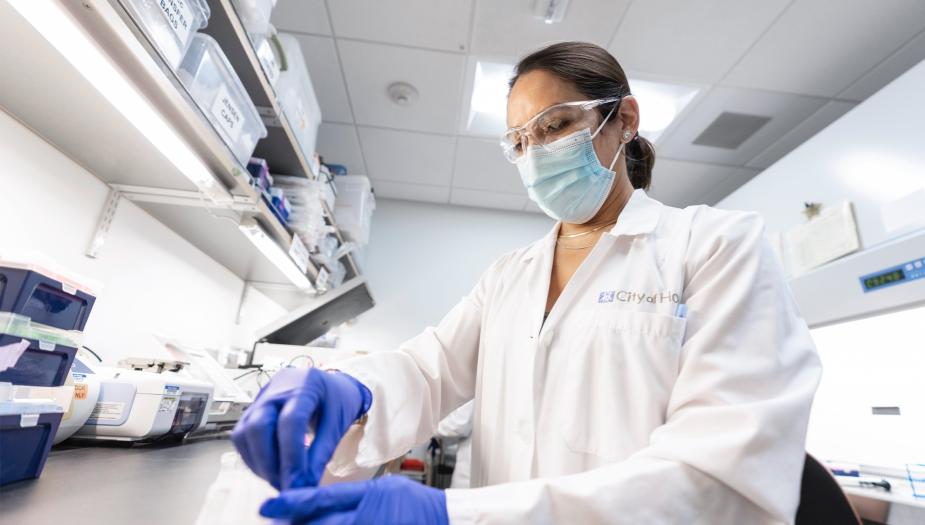
City of Hope is focused on basic and clinical research in cancer, diabetes and other life-threatening diseases.

